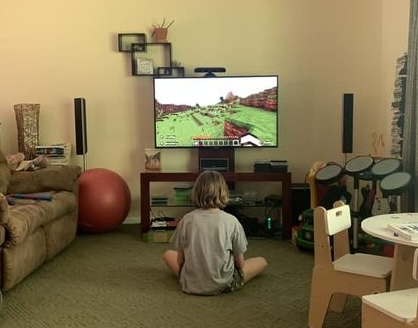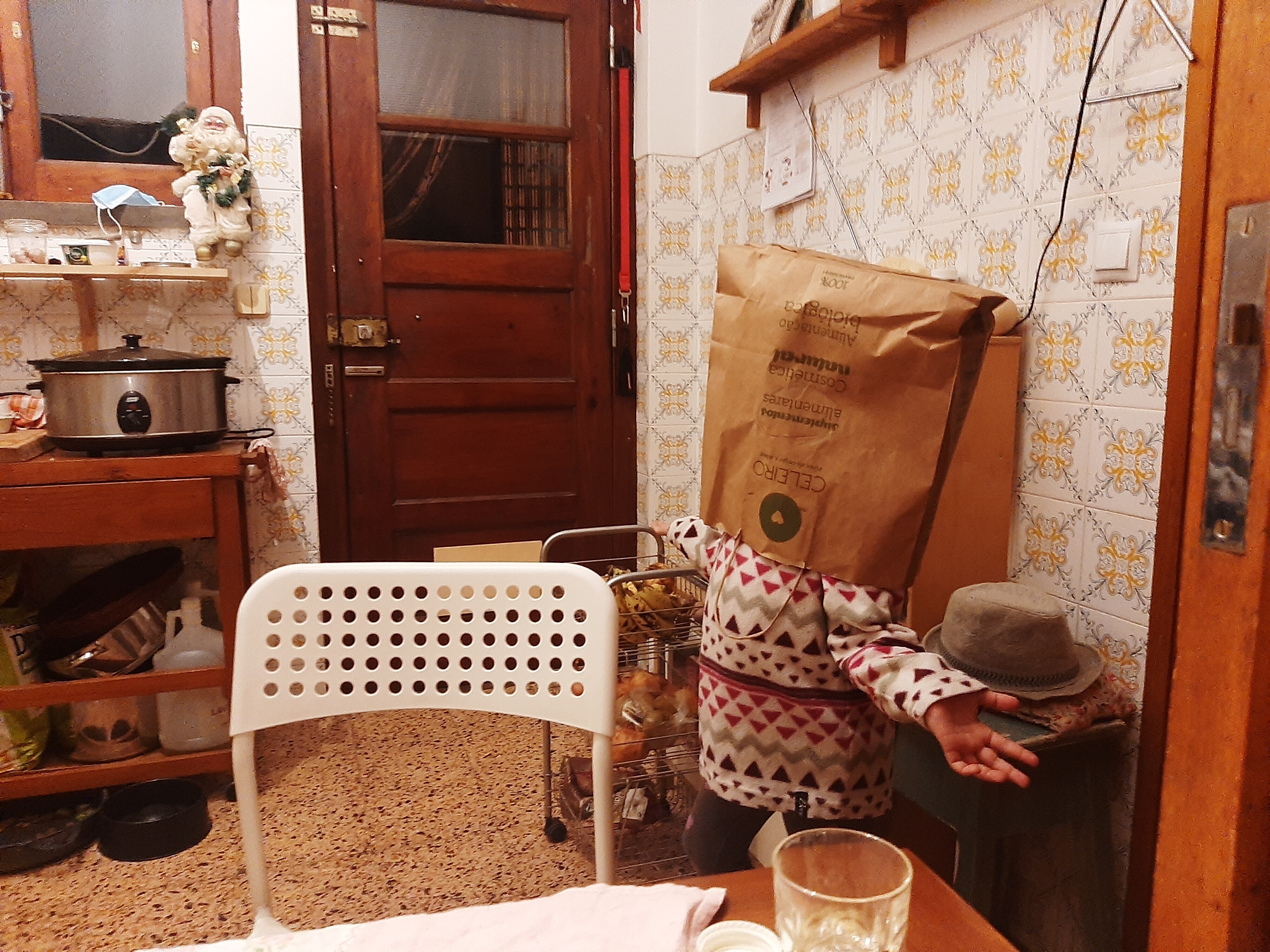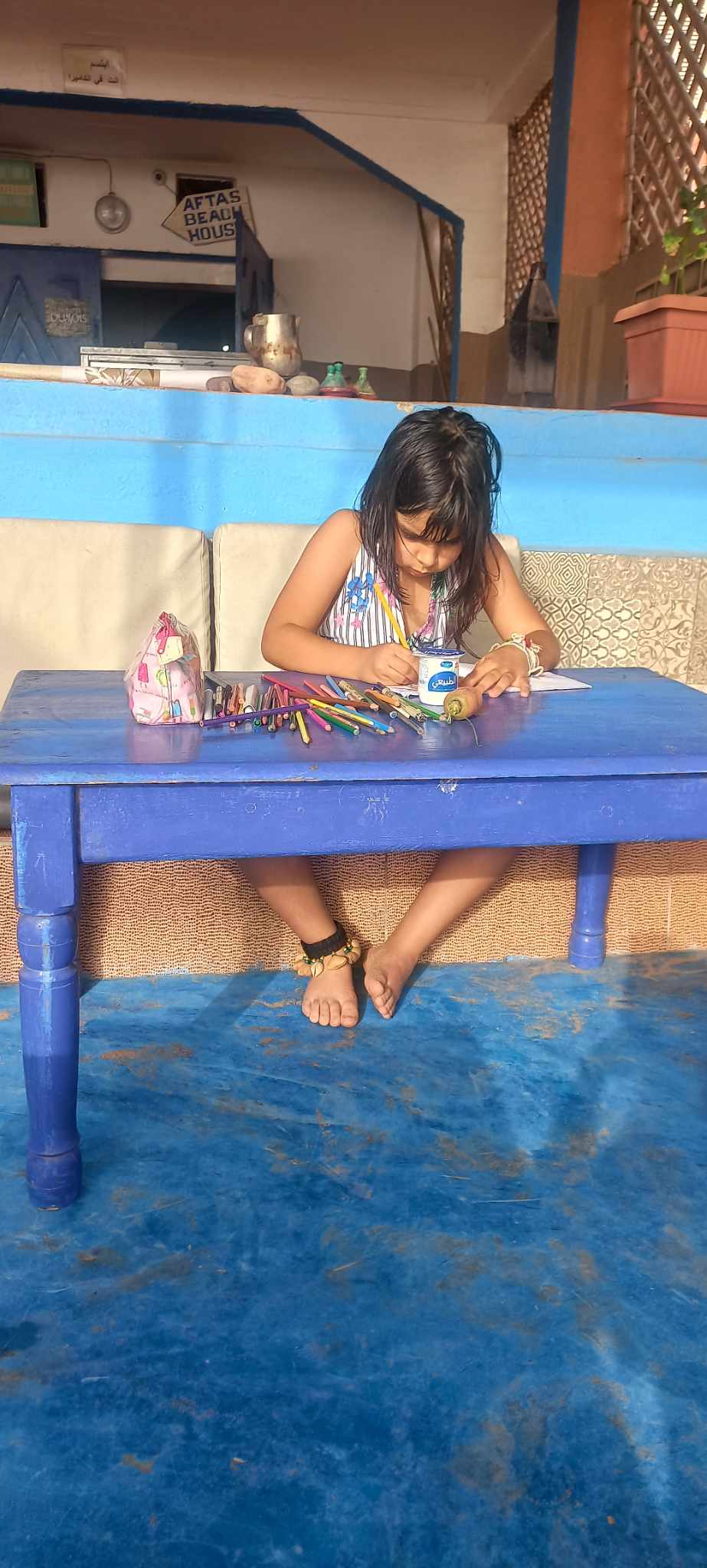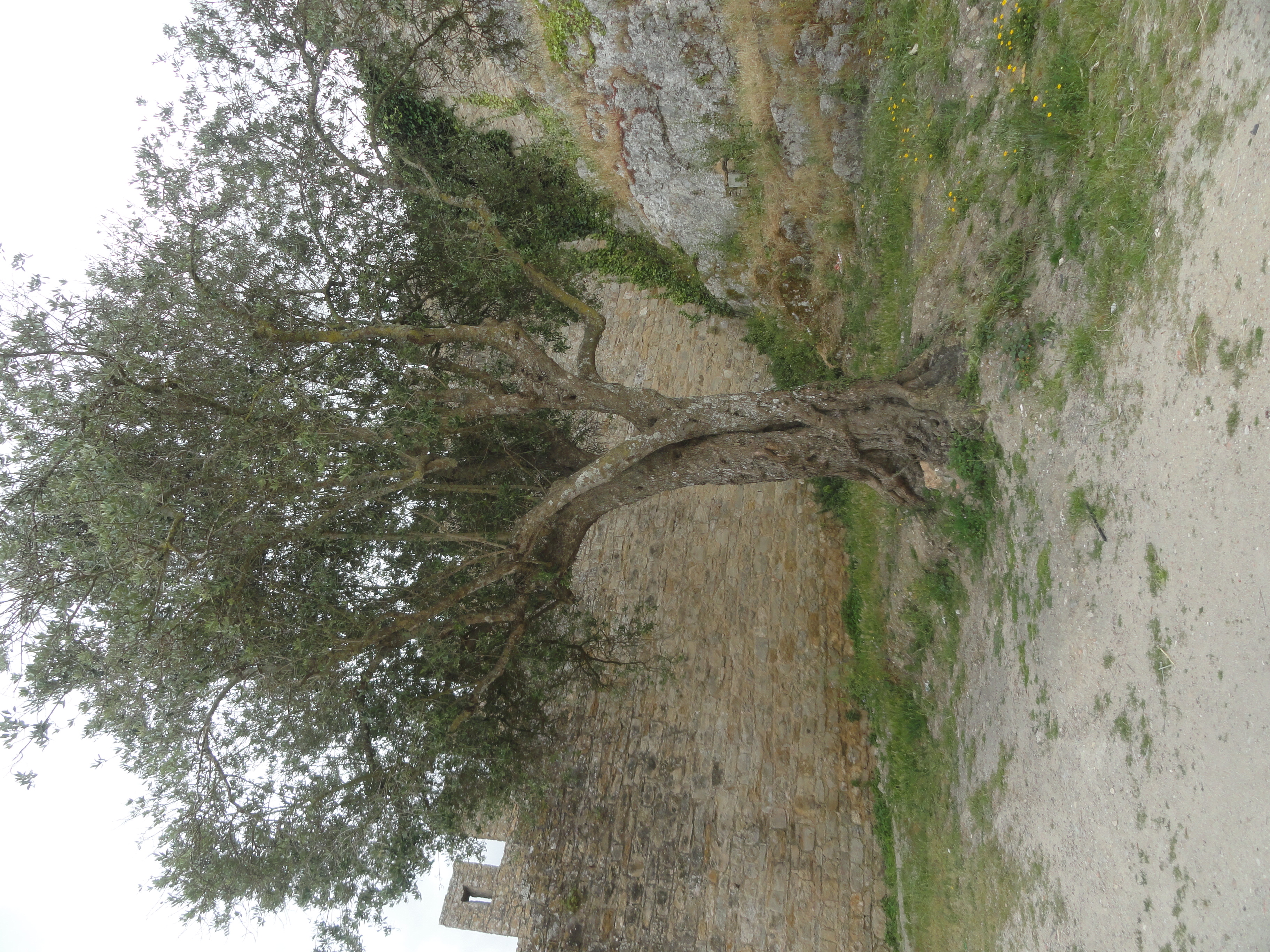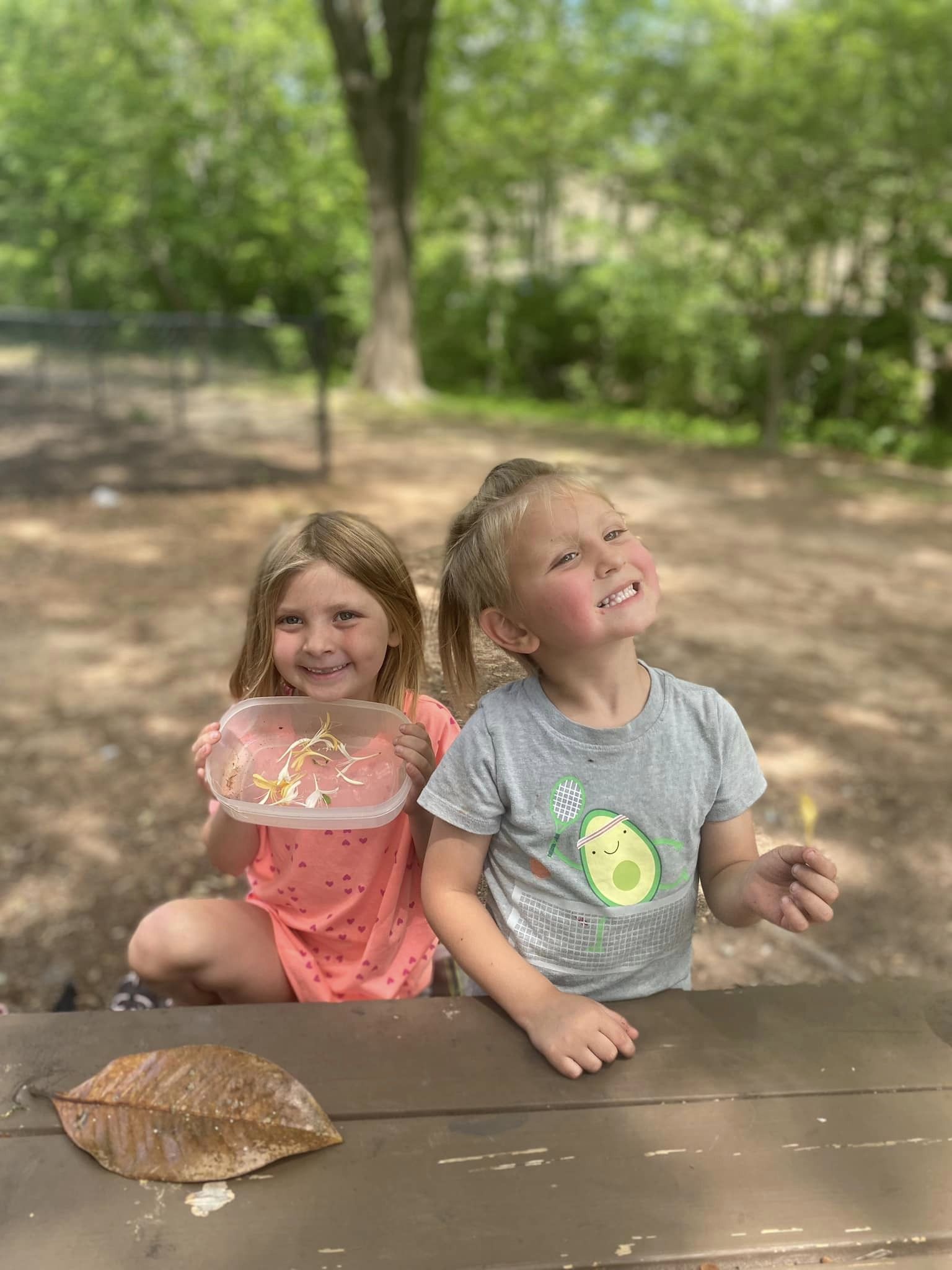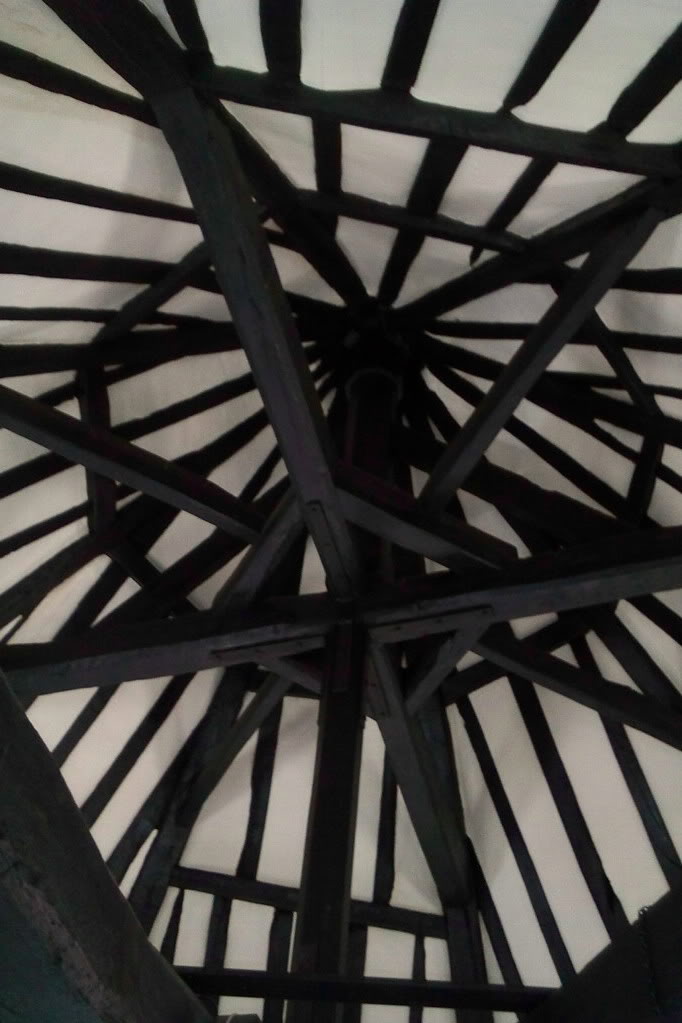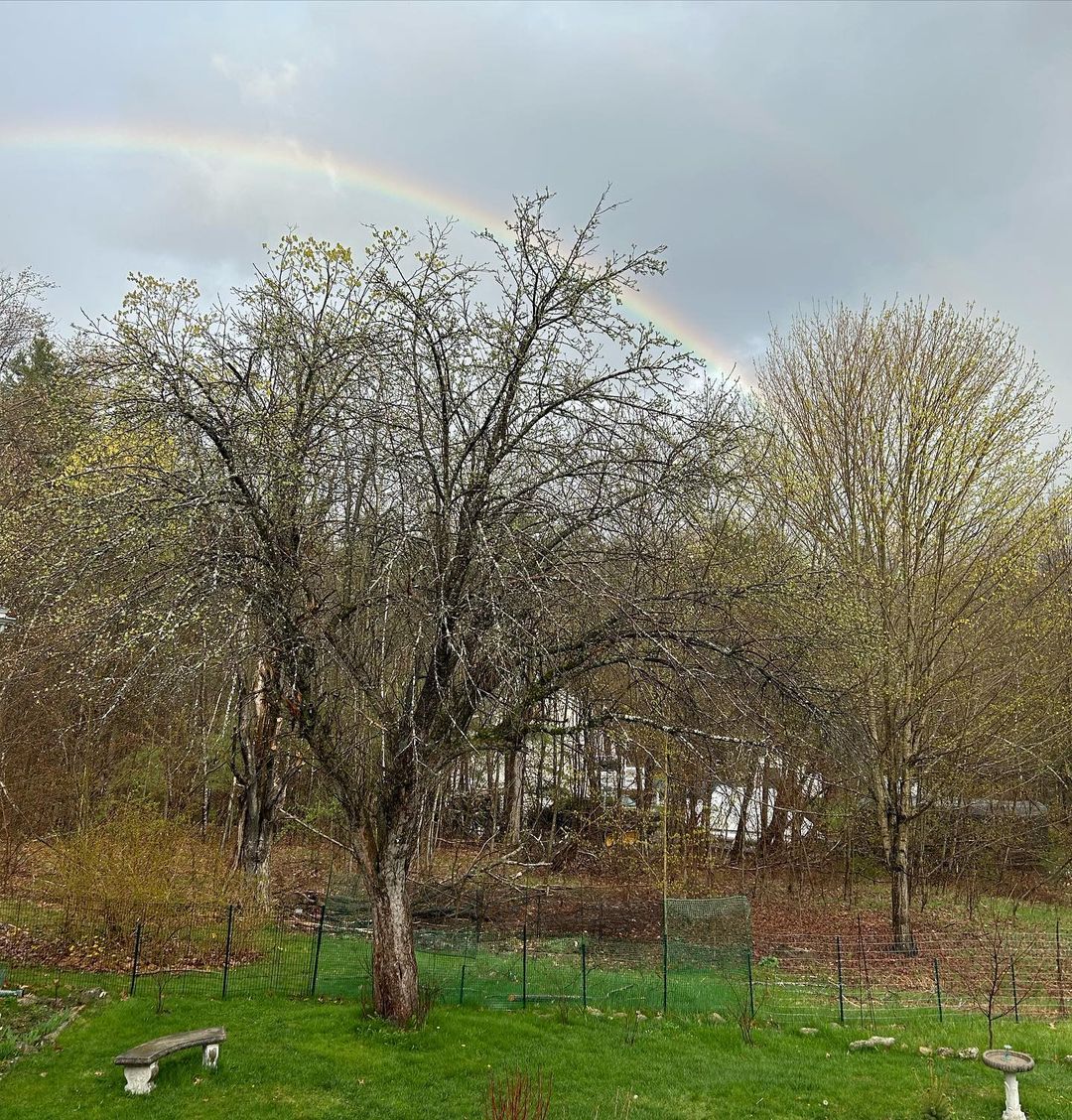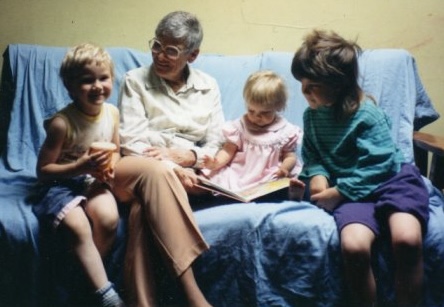
The more that parents can accommodate children's simple desires, the calmer and happier those children will be.
photo by Destiny Dodd

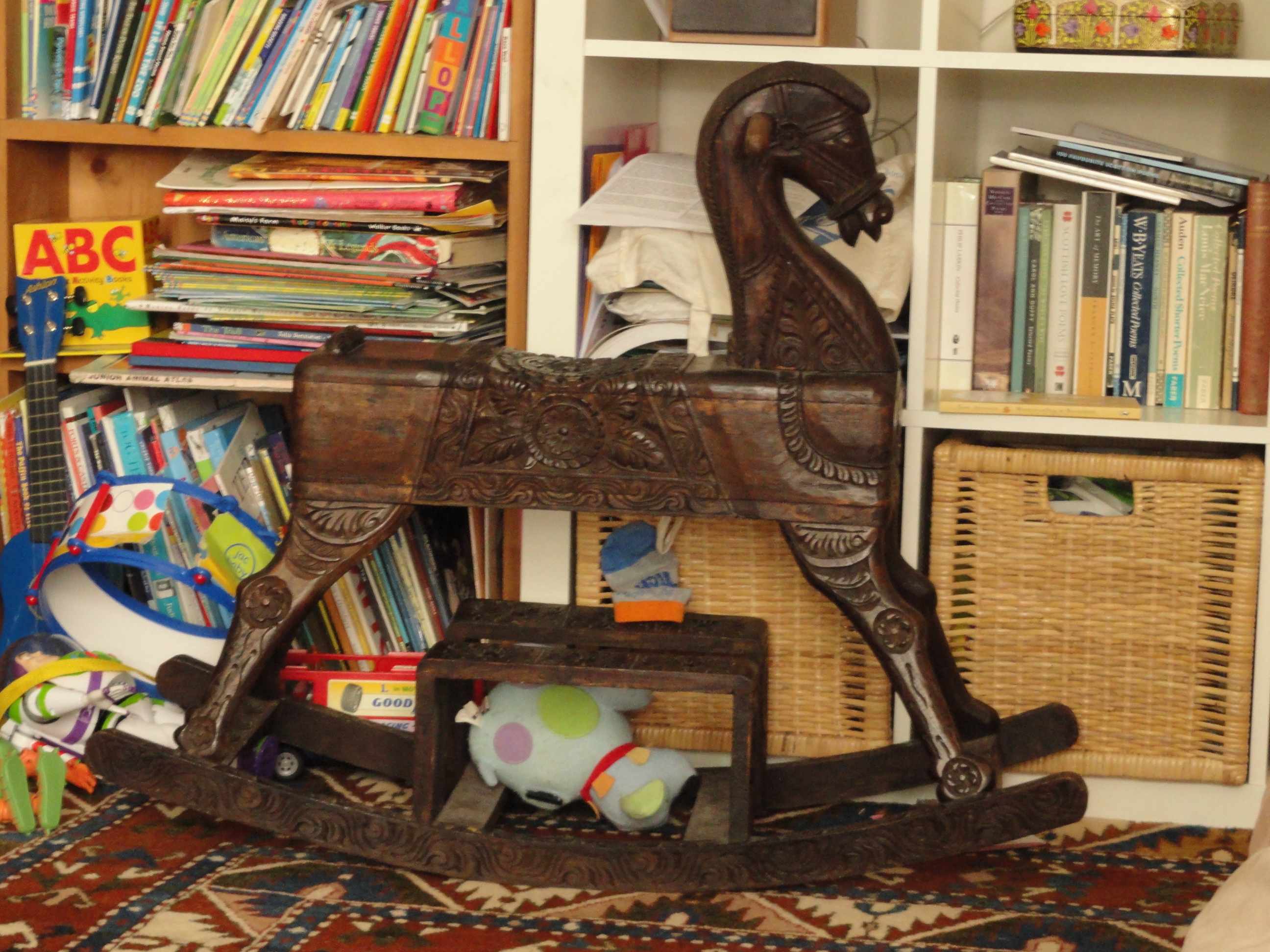
There is something warmly attractive about children's toys and books, even if they're not our own.
Joyce wrote:
People who look at what they have and how they can work with it find the way quicker (and are happier) than those who look at what they don't have.—Joyce Fetteroll
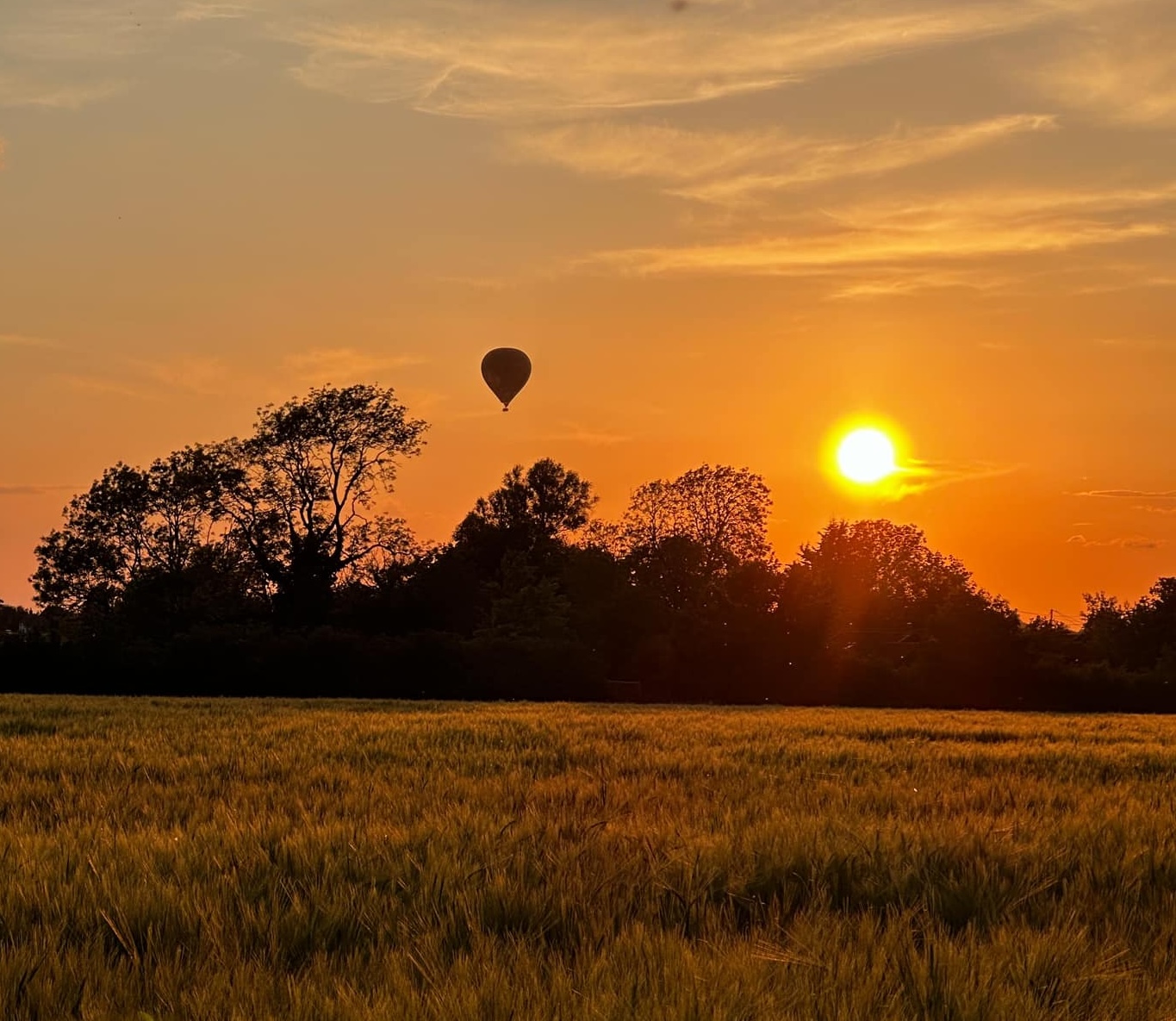
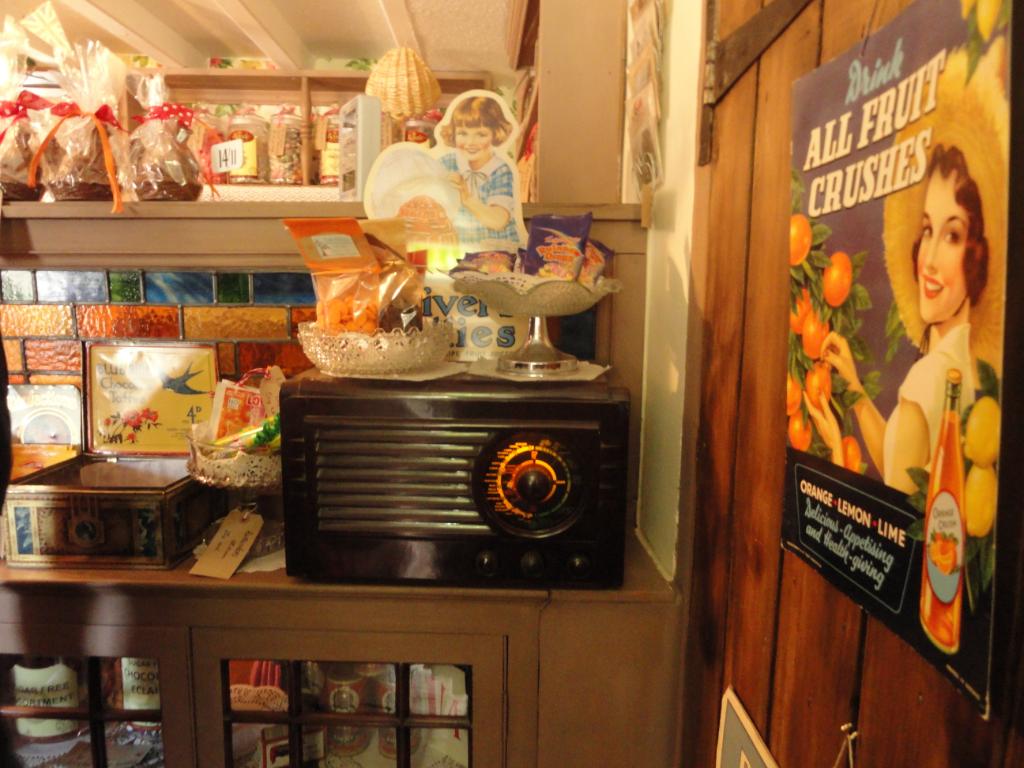
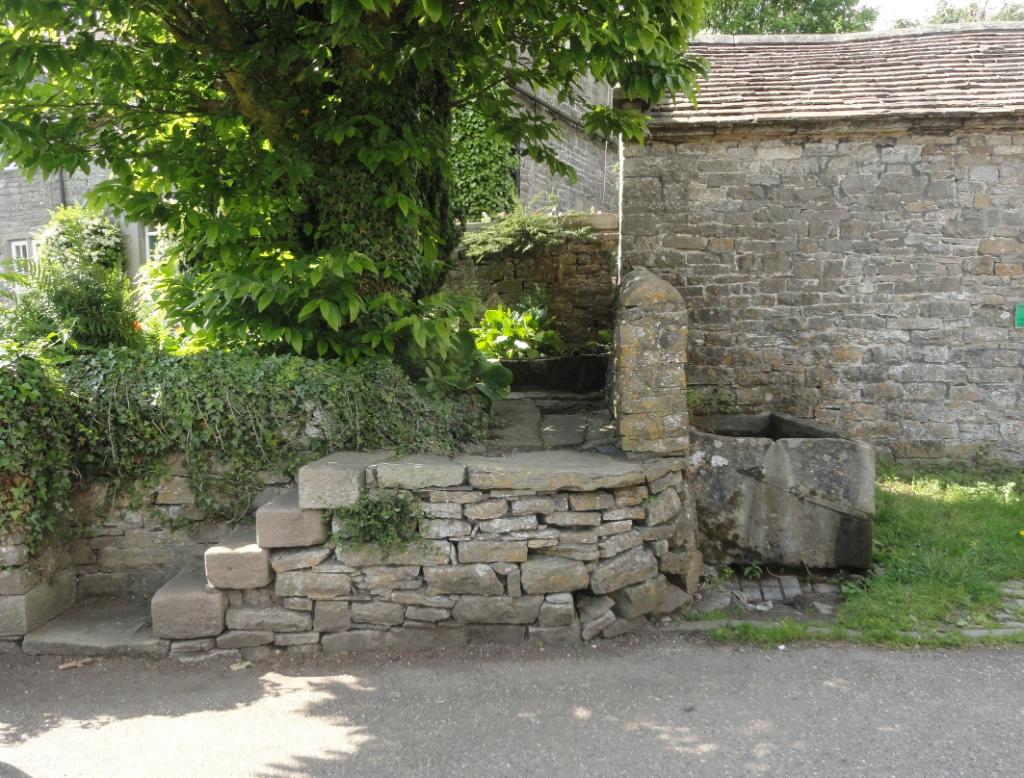



I have spent the past three years trying to get unschooling faster. It has only been this past year, where I have slowed down, that I feel like I am really starting to get it, or at least see more clearly where I am still stuck, and work out those knots with a bit more clarity.
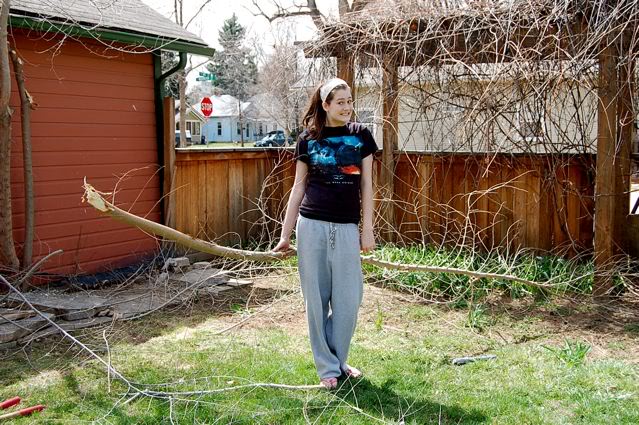

We all are preparing for our unseen futures, and I was prepared to homeschool. I am prepared to discuss the social history of the 70's musicals Holly is frolicking with now, in a shirt I made when a brand new India print bedspread could be bought by a barefooted hippie for $4. She is surprisingly prepared, at the age of nine, to understand it.That was written for a local homeschooling newsletter, so I apologize for the neighborhood particulars. Those from Albuquerque, or who attended the University of New Mexico, might've perked up. ***


